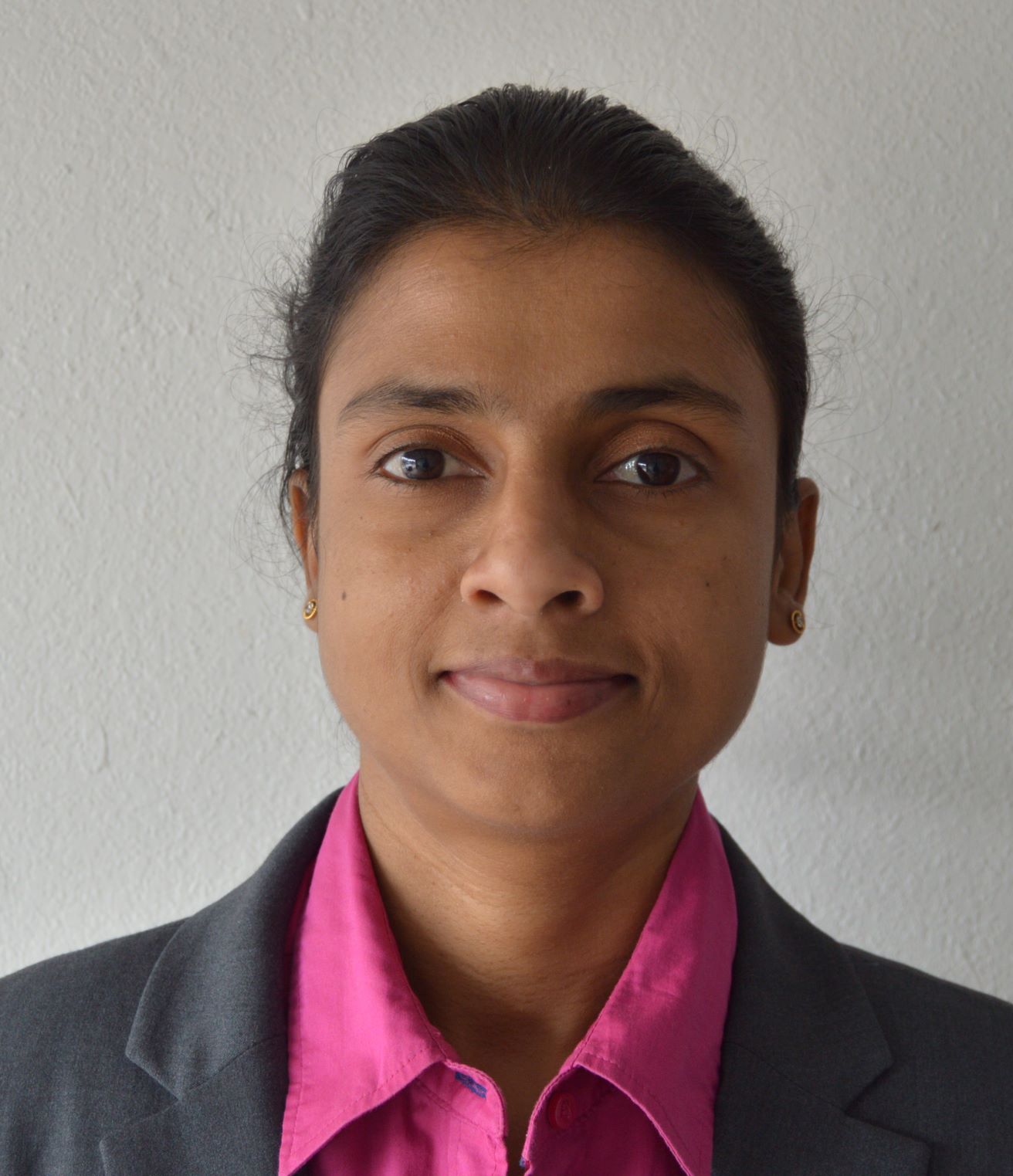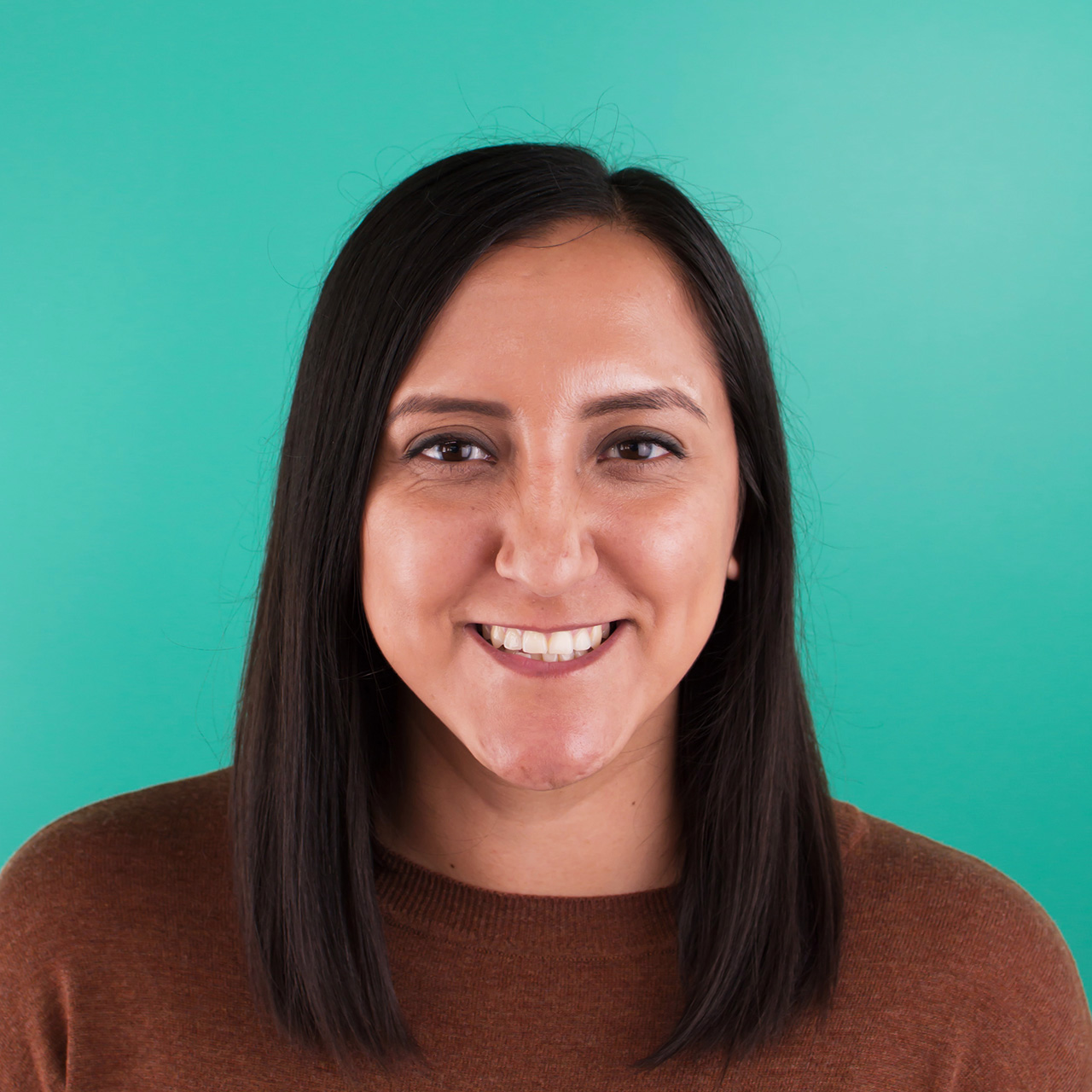Session 3
Emerging technologies such as artificial intelligence (AI) are rapidly changing the landscape of health and community engagement. From improving data analysis to enhancing outreach and communication, technology offers powerful tools for advancing health equity. Yet many organizations, particularly community-based and nonprofit groups, face barriers such as limited budgets, lack of training, and uncertainty around ethical use.
This workshop introduces participants to accessible, low-cost tools — including AI platforms like ChatGPT and data visualization software — that can support health programming, community outreach, and reporting. Participants will engage in hands-on demonstrations, explore real-world case studies, and discuss practical ways to integrate technology into their work. The session emphasizes opportunities for CHWs, clinicians, researchers, and nonprofits to leverage technology responsibly and effectively to better serve their communities.
Learning Objectives
By the end of this session, participants will be able to:
- Define the role of technology and AI in supporting health equity.
- Identify at least two practical AI/tech tools (e.g., ChatGPT, survey apps, data visualization platforms) that can support community health work.
- Explain opportunities and limitations of using AI in health contexts without requiring coding knowledge.
- Apply one low-cost or free technology tool to a health-related task during a hands-on activity.
- Recognize ethical and cultural considerations when applying AI in community health.
- Describe how technology can support community outreach, education, and reporting.
- Discuss real-world examples of AI/tech utilization in nonprofit or public health settings.
Panelists

Hansapani Rodrigo, PhD
Associate Professor,
School of Mathematical and Statistical Sciences,
University of Texas Rio Grande Valley
Dr. Hansapani Rodrigo is an Associate Professor of Statistics at the University of Texas Rio Grande Valley. Her research spans statistical data mining, deep learning, Bayesian data analysis, survival modeling, and cancer research, with applications in health, biomedical, and environmental sciences. Over the past five years, she has published sixteen peer-reviewed research papers and has incorporated advanced machine learning methods—including artificial neural networks, support vector machines, and SHAP-based interpretability—into her work.
Dr. Rodrigo has contributed to securing major NIH R01 and NSF grants exceeding $5 million and currently serves as a Co-Investigator on federally funded projects in healthcare and artificial intelligence. She has mentored undergraduate and graduate students across different disciplines, including Biomedical Sciences, Environmental and Social work. Her commitment to interdisciplinary research and student success reflects her broader mission of advancing data-driven insights to improve health outcomes.

Cecilia Corral
Co-Founder, Chief Strategy Officer
CareMessage
As CareMessage’s Co-founder and Chief Strategy Officer, Cecilia spearheads the CareMessage strategy and vision, and ensures its execution throughout the organization. Driven by her experiences growing up in a low-income immigrant household in the Rio Grande Valley, Cecilia brings a unique perspective to the design of technology for health equity. Over the last decade she’s been the lead inventor on multiple patents on the use of sequential messaging to support people in meeting health goals, and has been a contributor to key research on validating the effectiveness of text messaging in improving health outcomes.
Outside of her work at CareMessage, she is an advocate for Diversity and Inclusion in the tech industry through collecting and publishing data on Latina Tech Founders. Cecilia was on the 2019 Forbes 30 under 30 list for Healthcare and was recognized as a Social Entrepreneur of the Year in 2025 by the Schwab Foundation for Social Entrepreneurship at the 2025 World Economic Forum. She graduated with a B.S. in Product Design Engineering from Stanford University. She was one of the first students at PSJA ISD to graduate with a dual-enrollment degree in Engineering from South Texas College.
Resources
- Cameron County Public Health. Healthy Aging and Community Resources. Available at: https://www.cameroncounty.us/publichealth
- Compassion & Choices. End-of-Life Planning Resources. Available at: https://compassionandchoices.org
- Centers for Disease Control and Prevention (CDC). Healthy Brain Initiative Road Map. Available at: https://www.cdc.gov/aging/healthybrain
- World Health Organization (WHO). (2021). Global status report on the public health response to dementia. Available at: https://www.who.int/publications/i/item/9789240033249
- National Institute on Aging (NIA). Alzheimer’s and Related Dementias Resources. Available at: https://www.nia.nih.gov/health/alzheimers
- Alzheimer’s Association. 2024 Alzheimer’s Disease Facts and Figures. Alzheimer’s & Dementia, 20(3), 611–773. https://doi.org/10.1002/alz.13711
- Vega, W. A., et al. (2021). Aging and Latino health: Social and cultural determinants. Journal of Aging & Social Policy, 33(1), 44–61. https://doi.org/10.1080/08959420.2020.1762720
- Pinquart, M., & Sörensen, S. (2022). Differences between caregivers and noncaregivers in psychological and physical health: A meta-analysis. The Gerontologist, 62(1), e1–e15. https://doi.org/10.1093/geront/gnab123
